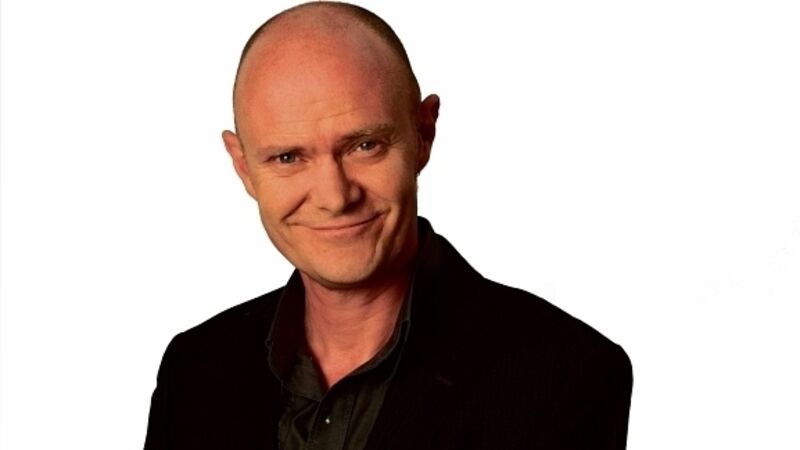Anti-semitism and sexism alive and permanently hard-wired to recur

The book in question, on this occasion, is about anti-semitism. Hatred of the Jews, in other words. The author says it’s measurably and worryingly on the increase in Europe. Then Moncrieff asks the author — who is clearly Jewish — if he doesn’t in some way need anti-semitism, which to one extent, he logically does, since it’s given him his subject matter.
It would, let’s face it, be difficult to get a publisher interested in a book about cement if we lived in a cement-free world.















